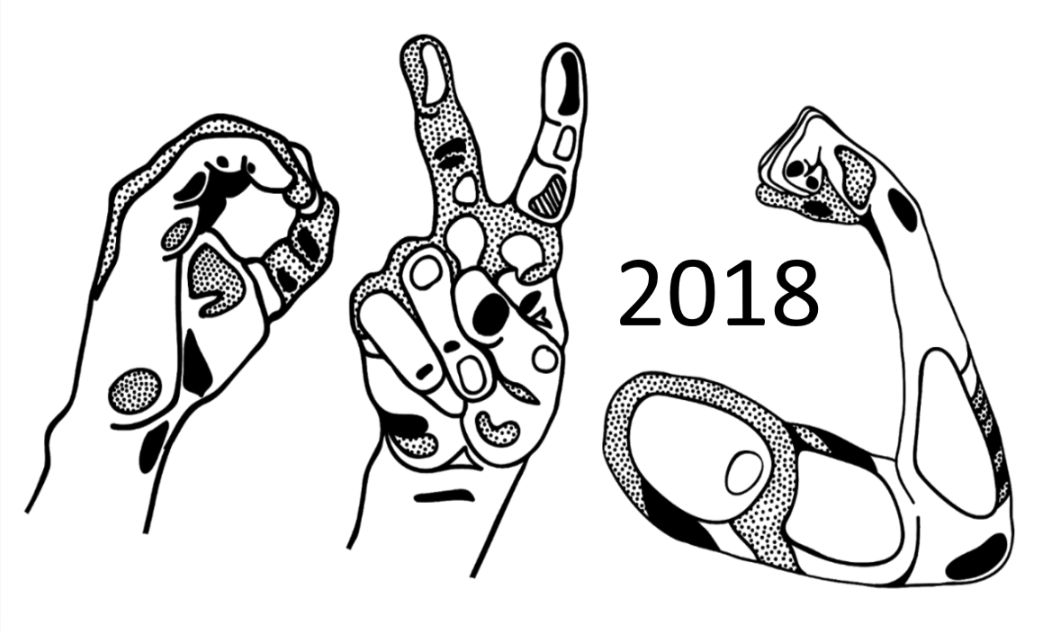
The distinctive processes one goes through, from Zero to Hero, can encompass growth factors, such as mental, personal or physical development, and can induce change at the global, local or individual level.
The obstacles that many African Americans face during their adolescence are well known. UConn School of Business graduate William Corey Moore touches upon how he was able to get to where he is today. William is well aware of the fact that he couldn't have accomplished everything he has without the help of others who made similar accomplishments before him. It is for this reason that his talk serves the purpose of challenging the heroes of society to collectively guide the zeroes just as they did for him growing up.
A lawyer turned advocate, David J. McGuire is passionate about his work with the ACLU of Connecticut. In his talk, he outlines the marginalization of certain groups of people he has witnessed in his line of work. He also informs everyone about the discrimination that takes place in places where they are least expected; as well as why this undermines the democracy that the founding brothers of the United States established.
A native of Newtown, CT where the school shooting of Sandy Hook Elementary School took place, Elizabeth Charash knows how gun violence can affect a community. Since the event, she has advocated for gun violence prevention around the country where she has come across people who have been directly affected by gun violence. It is these people that have led her to evaluate why some people get a lot of attention in the gun violence conversation while others who have been equally affected get ignored by the media. In her talk, Charash offers an explanation and a possible solution to the dilemma she presents before the audience.
Something that is often experienced in places with an overemphasis on progress is the tendency for the societies within them to ignore those who aren't deemed apart of its future. In this talk Philosophy Professor Lewis R. Gordon discusses how this process has manifested itself in our society as a result of what he terms "Euromodernity", which has marginalized a number of certain groups as zeroes throughout history.
It is very common to dismiss the argument of a teen based solely on their age. In his talk, Lucas Codognolla urges others to put an end to this common practice and help guide youth towards achieving their goals and aspirations.
The child of a domestic violence victim, Michelle San Pedro almost lost her mother to both domestic and gun violence. Fortunately, she sought further help from the authorities to prevent this from happening. In her talk, Michelle recounts the process she had to go through in order to keep her father from causing more damage to her mother. However, she also offers a few ideas on how prevent at least some of the 50 women who will die from both domestic and gun violence simultaneously.
Batouly Camara, a native New Yorker with family roots in Guinea, West Africa, can often be described as one with an enthusiastic and passionate spirit. As a first-generation scholar-athlete at the University of Connecticut, she continues to experience first-hand how access to education and sports continues to impact her life with a positive calibration.
Now regarded as one of the most respected professions, nursing was once looked down upon as an occupation. In his talk, Associate Professor in Residence Thomas Lawrence Long of the University of Connecticut explains how the civil war helped change the overall attitude of the Nursing profession into one that saw them as heroes.
The way Kamora Le'Ella Herrington approaches life as both an activist and an advocate is shaped by her life experiences and the experiences of those in her family who came before her. In her talk, Herrington discusses the different lessons she learned growing up that influenced the way she approaches her work today. She also explains the key to helping others despite not understanding or being able to relate to their problems.
It is common for an emergency medical team to be called to action after an emergency. Unfortunately, it is also common for help to arrive when it is too late. With his talk, UConn Nursing Student Justin Pedneault talks how one can take matters into their own hands in the event of an emergency without the need of professional medical training. Pedneault also discusses the actions he is taking to make the resources needed to effectively respond to emergencies more readily available in public places. This can help turn unsuspecting bystanders into unexpected heroes.
As Lisa Sanetti is quick to point out, most people can vividly recall their favorite teachers growing up. In her talk, Sanetti discusses the crisis of teacher stress which she believes is a problem whose effect won't be limited to the teacher and the students. She further explains why we need to pay more attention to this issue and outlines the possible implications of it.
Frogs live just about everywhere, occupying the environment that in many ways are most important to our own welfare. In this talk, Yale Ecology Professor and Peabody Museum of Natural History Director David Skelly talks about why he studies frogs and how understanding their biology leads to better understanding about our very own biology.